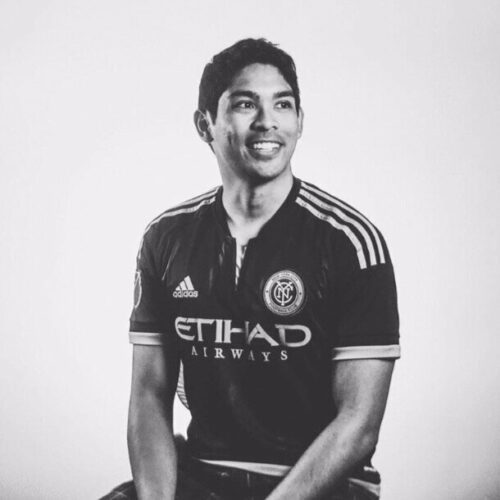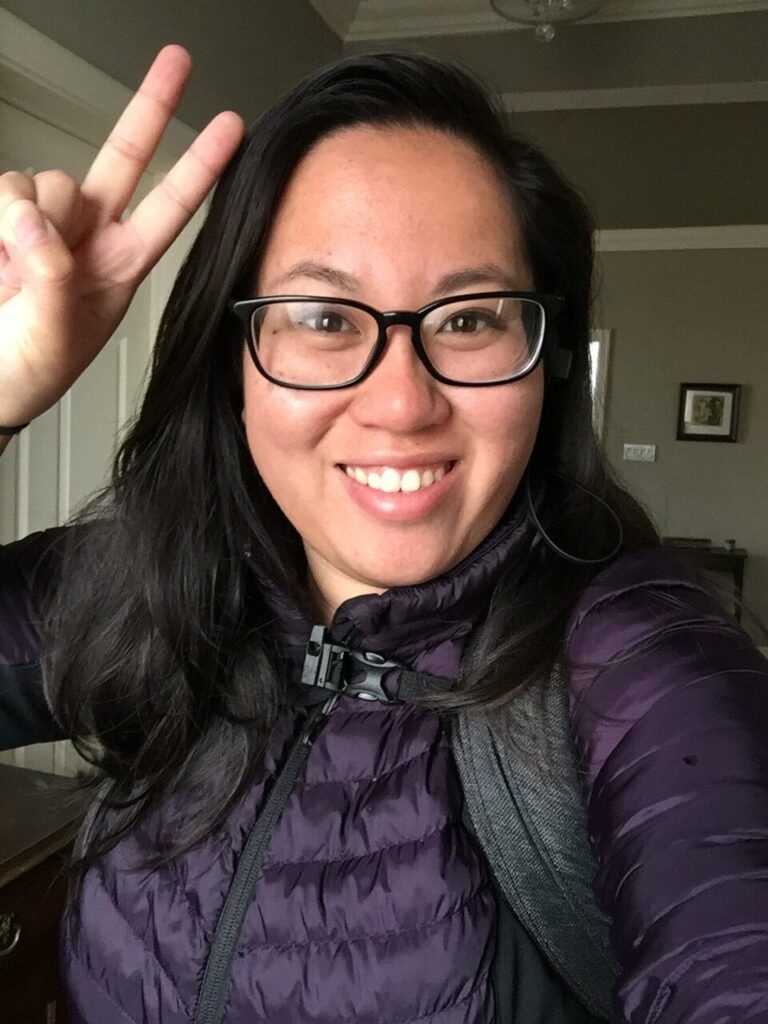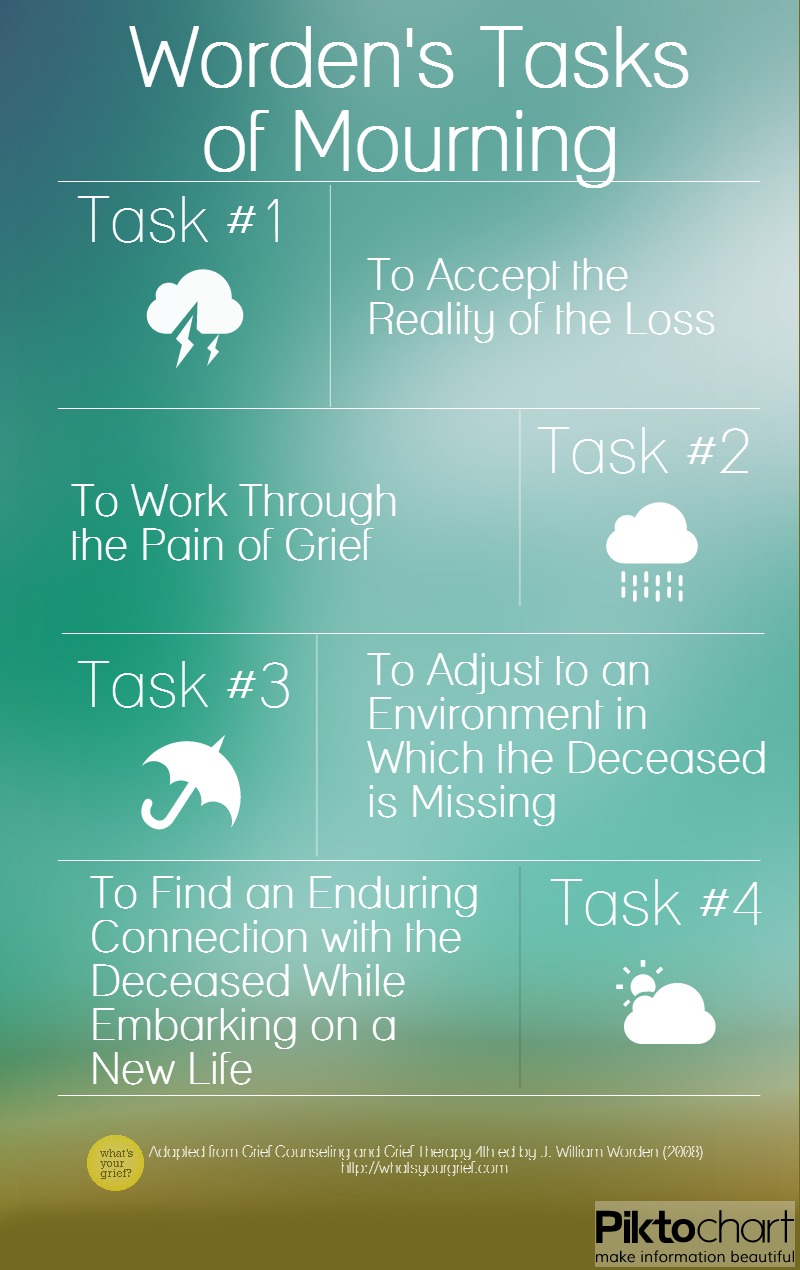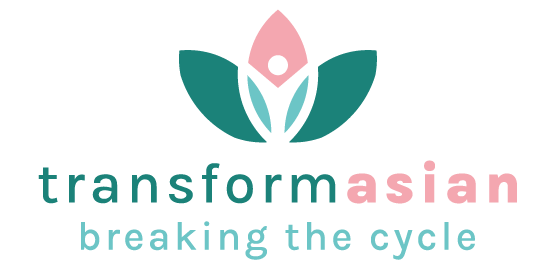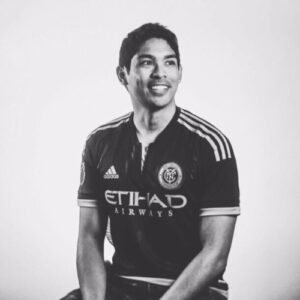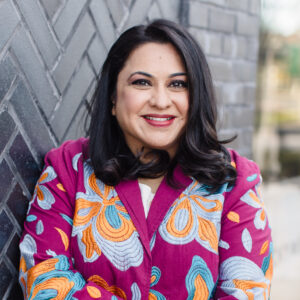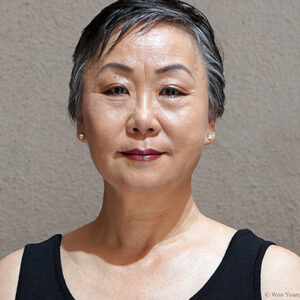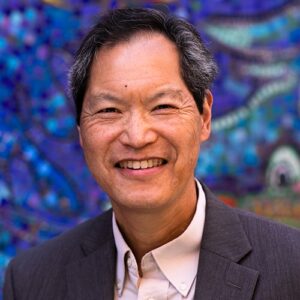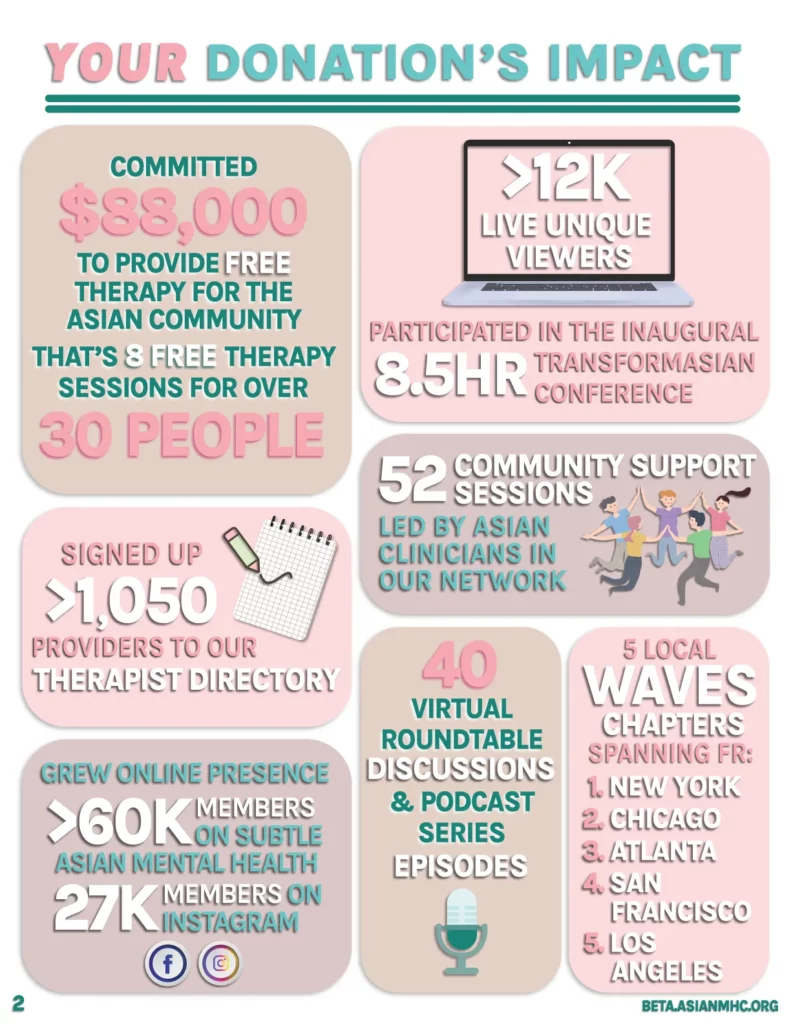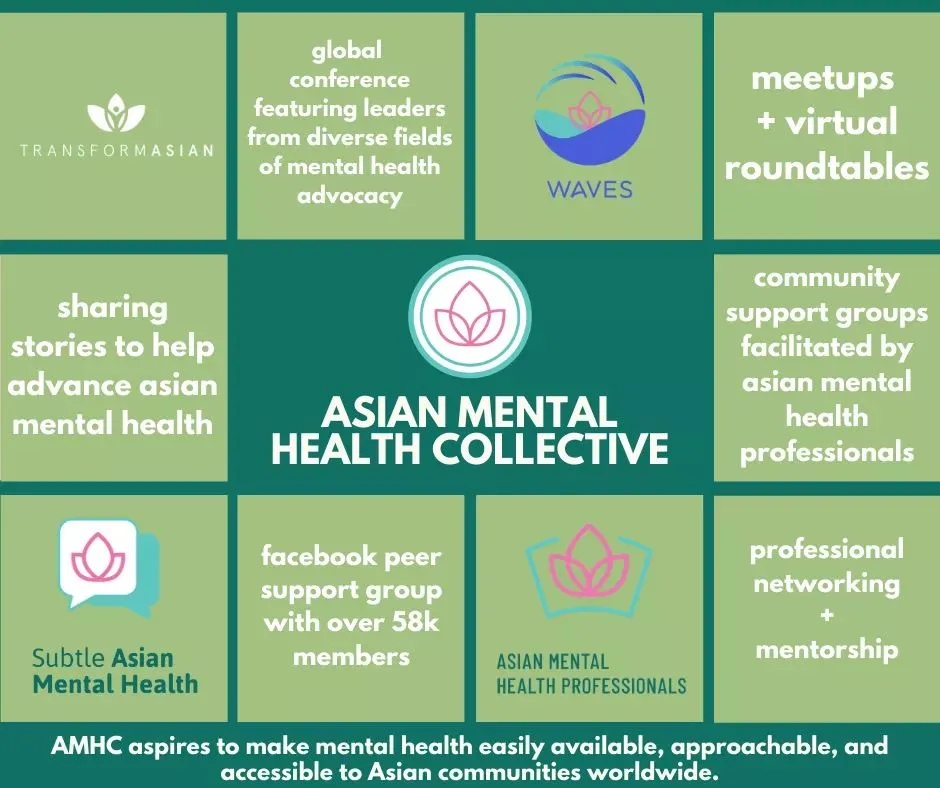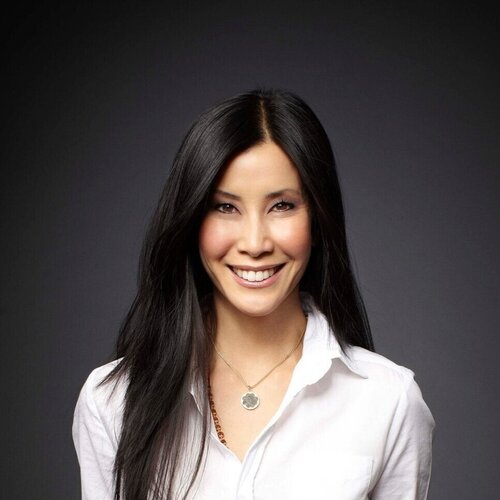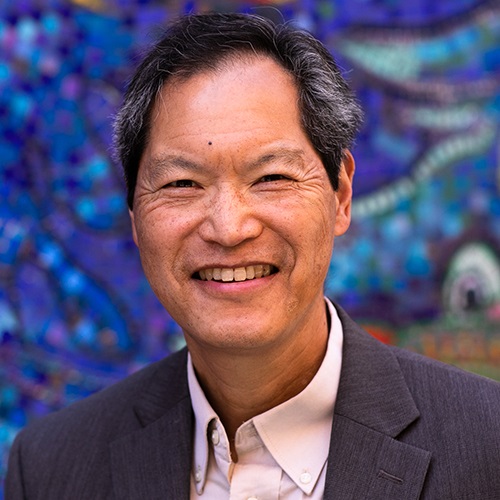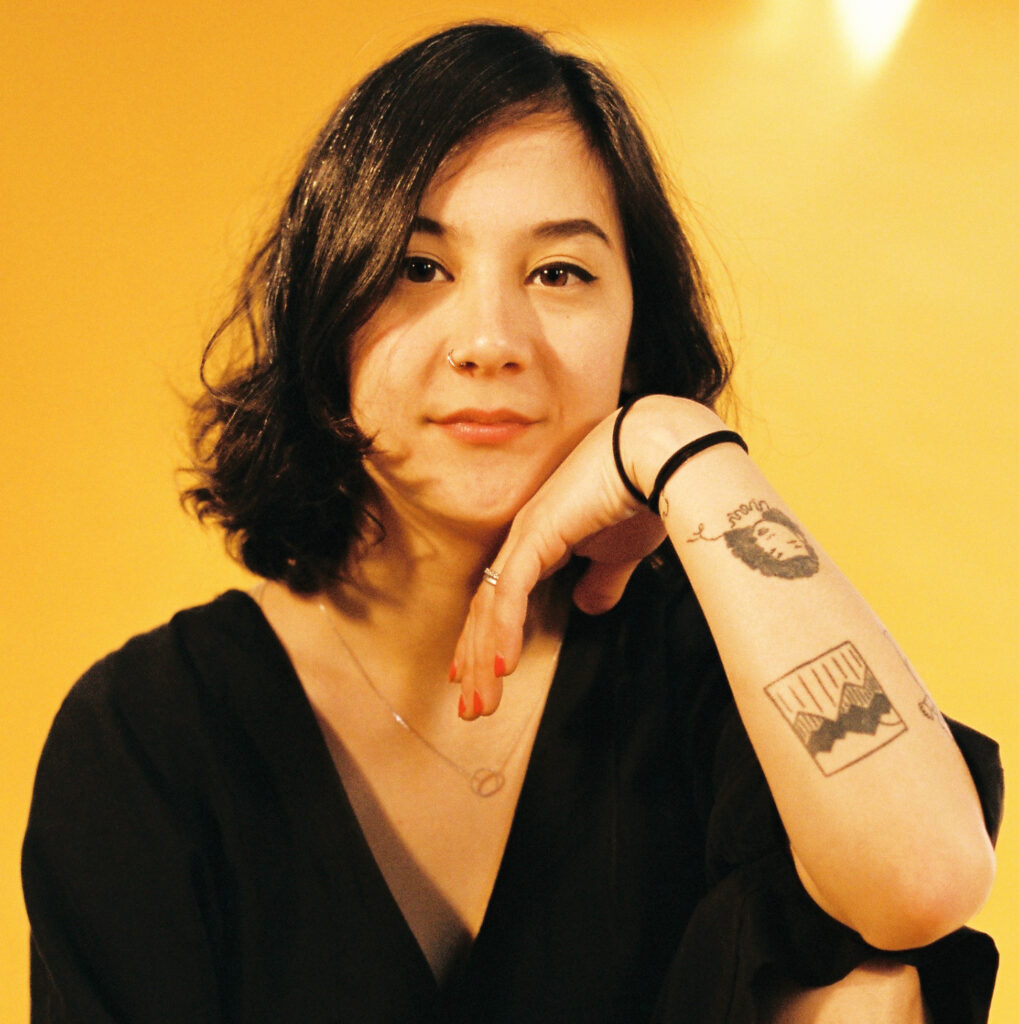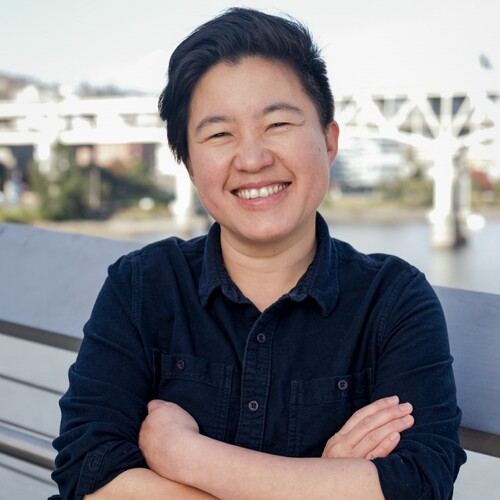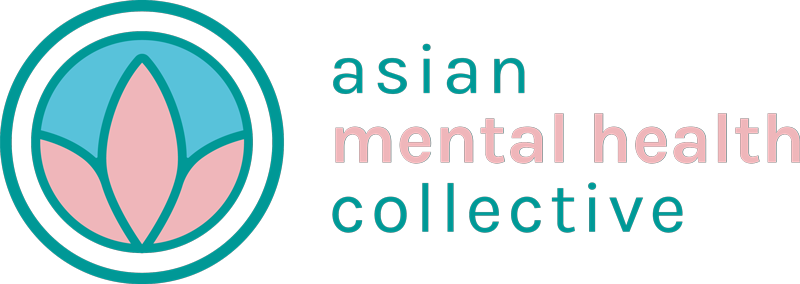By : Leanna Duong
As a teenager, my mom often chided me if she caught me watching Korean Dramas or giggling on the phone with my friends. “Get serious about school”, she’d say. As a solid B student, I didn’t see a problem–school was fine, I had friends, what more could I want? But every time I was criticized, I got more and more annoyed. It seemed like the only way to appease my parents and “get serious” was to eliminate joy from my life.
As I began studying harder, I unintentionally side-lined my friends. One less hour of video games was one more hour of grinding on the SAT, right? I worked twice as hard and I cut out all frivolous activities…yet I saw no improvement in my grades the following term.
Furiously, I scoured the internet for an answer – asking my only friend Google how to increase my productivity. To which I received a lame reply: “Take a 5 minute break. Perhaps go for a walk”, spat Google. How on Earth would a walk solve anything!?
Only now, after studying human cognition, do I realize how important happiness is to work performance. Taking a break here and there is hardly self-indulgent; in fact, it can actually improve psychological and physical well-being. In order to thrive, it is not enough to eliminate negative emotions such as sadness and anger, one must also give equal consideration to positive emotions.

Dr. Barbra Fredrickson of University of Michigan, one of the pioneers of positive psychology, asserts that positive affect broadens cognition while negative affect narrows cognition. To put this into perspective, imagine getting stranded in the forest; in a confrontation with a tiger, you would call upon the specific action tendency to make a split-second decision. Of course, it would be hard to come by any other solution besides running the hell away. But, upon removing the stressor of a wild tiger, one is allowed to be creative with how to go about evading a tiger if one stared them dead in the face, like making a trap or traveling with a bow and arrow. This example illustrates how negative affect serves to narrow and sharpen your attention while positive emotions serve to broaden your scope of thoughts and actions so that you can become a more socially integrated, creative, knowledgeable person.
Positive emotions serve many purposes; it is hardly an excuse to be self-indulgent. There are many reasons to set time aside to pay attention to your happiness. Here are just a few:
Positive emotions facilitate creativity.
The current literature shows that those who experience positive emotions are more likely to be creative, flexible in thought, and efficient in breaking down information.
In one study, participants primed with a happy video were more likely to list a greater number of things they wanted to do in that moment than those who were primed with a neutral or sad video (Fredrickson & Branigan 2004).
Therefore, being in a positive state of mind can allow more ideas to flow through your mind and make you more creative.
Tip: Try it out by listening to your favorite song or watching a funny cat video before a hard problem set. You might score higher!
Positive emotions facilitate faster recovery in anxiety-inducing situations.
Being in a positive state of mind prior to anxiety-inducing situations can lighten the physical and psychological impact.
One study showed that participants who watched a happy video prior to a stressful situation exhibited faster cardiovascular recovery than those who watched a sad or neutral film. (Fredrickson & Levenson 1998)
Tip: Maybe giggle at the Subtle Asian Mental Health meme page before opening up your final grades. It might lessen the anxiety.
Positive emotions can “undo” negative emotions.
Negative emotions can be “undone” by positive emotions, like a plus and minus sign canceling out. So when you are down, hit refresh by doing something to make you happy (Fredrickson & Levenson 1998; Fredrickson et al. 2000).
Tip: Try cheering yourself up from a bad day by doing an activity you like.
Over the years, as I have slowly incorporated this philosophy into my daily practice, I’ve noticed significant changes in my happiness and my performance. While I was a high school student under careful watch by my parents, I felt like I was not “allowed” de-stress. This caused me to bottle up two types of stress: school stress and the stress about releasing that stress. Oh boy, a double whammy!
But when I finally went to college, the changes I made to my life by introducing these techniques into my life were pivotal; I didn’t have to explain to my mother why I was scrolling Facebook on my down time; I didn’t have to quickly switch tabs if I heard footsteps near my door. I was able to set my rules about how to use my time. Given that I was a new college student, I will admit that not every decision I made was the wisest. However, through trial and error, I’ve been able to identify the activities that help me maximize my operating potential and be my happiest self at the same time.
So if you want to know the big secret to being successful, it’s that productivity isn’t entirely dependent on the amount of hours you put in–it matters what mood you are in too. I was skeptical of this at first, but like the phrase, “you’ve got to spend money to make money”. You have got to spend time to save time. Take a leap of faith. It won’t hurt to take some time out of your day to take that walk or bake that cake. In times of stress, just remember this: your work influences your mood as much as your mood influences your work.
Sources:
Fredrickson B. L. (2004). The broaden-and-build theory of positive emotions. Philosophical transactions of the Royal Society of London. Series B, Biological sciences, 359(1449), 1367–1378. https://doi.org/10.1098/rstb.2004.1512
Fredrickson, B. L., & Levenson, R. W. (1998). Positive Emotions Speed Recovery from the Cardiovascular Sequelae of Negative Emotions. Cognition & emotion, 12(2), 191–220. https://doi.org/10.1080/026999398379718
Fredrickson, B. L., Mancuso, R. A., Branigan, C., & Tugade, M. M. (2000). The Undoing Effect of Positive Emotions. Motivation and emotion, 24(4), 237–258. https://doi.org/10.1023/a:1010796329158
About the Author

Leanna Duong
Leanna is one year from graduating from Vanderbilt University with a B.S in Cognitive Studies. Her positive experiences as a Crisis Text Line Counselor and research assistant have inspired her to pursue a career in therapy. She seeks to find her own way of shining light on the mental health struggles that come with a hyphenated identity.



